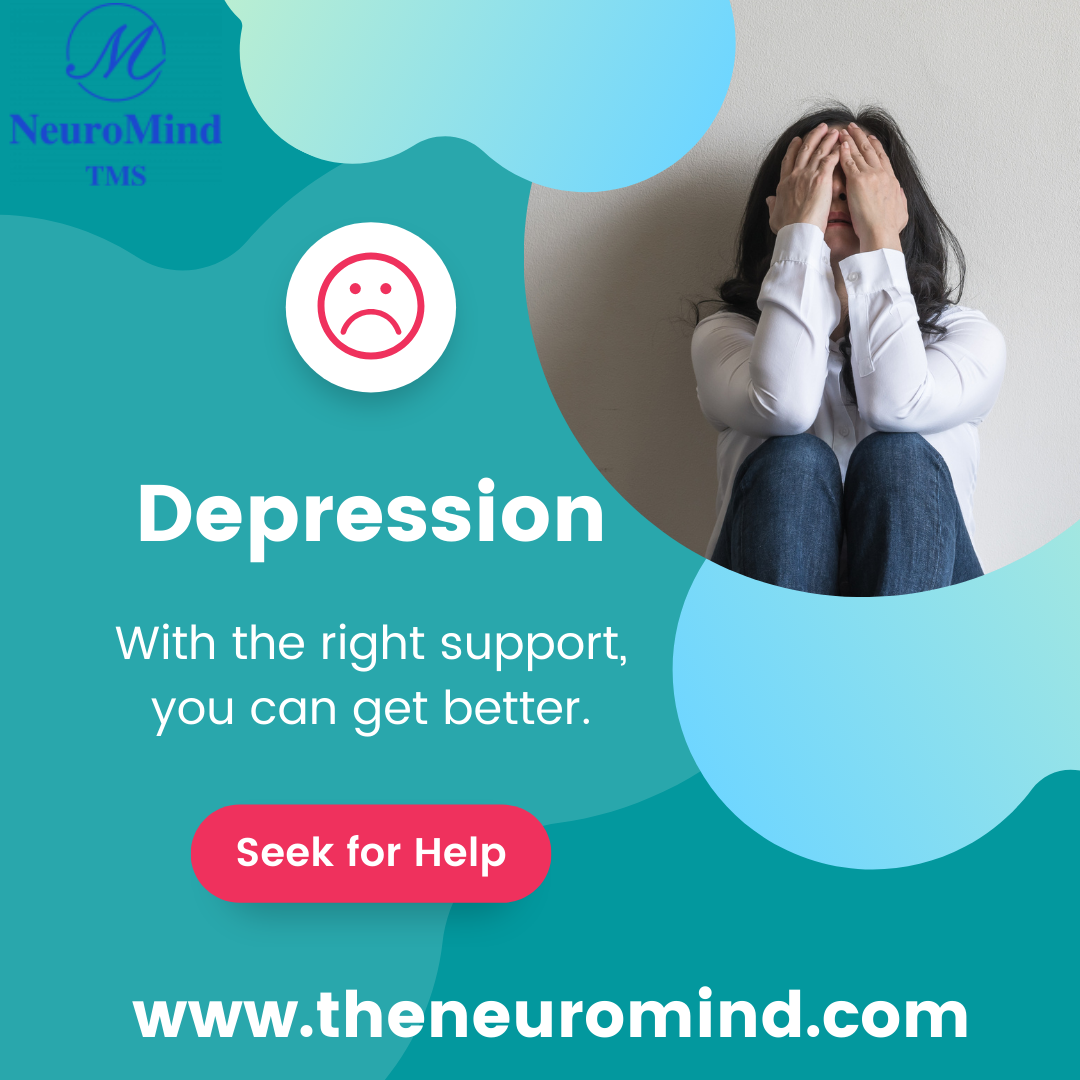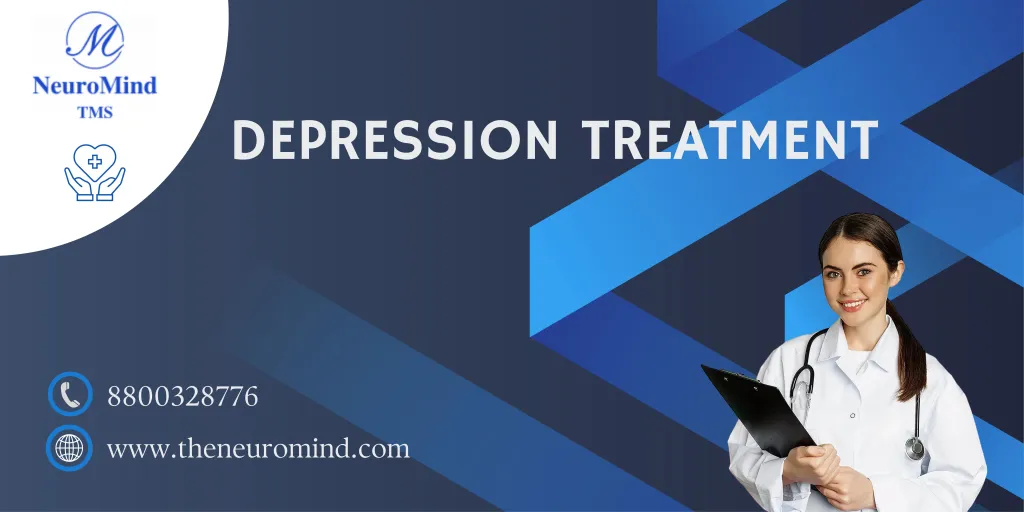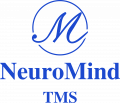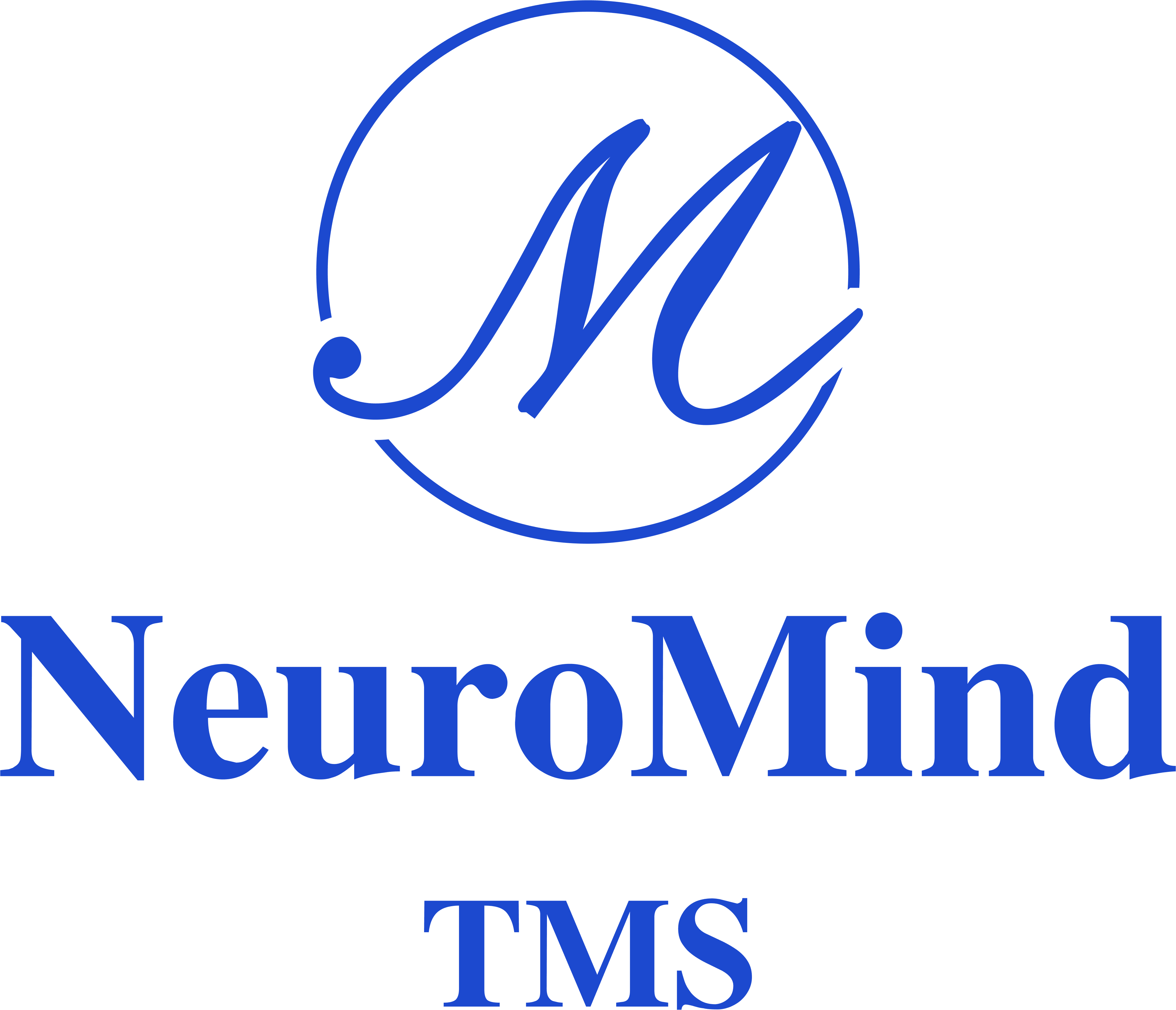
Depression or Mental Depression, also referred to as depressive disorder, is a prevalent mental illness. It is characterized by a long period of depression, loss of happiness, or lack of interest in activities.
A depressive state is not the same as normal mood swings or feelings related to daily living. It can have an impact on all facets of life, including ties to friends, family, and the community. It may originate from or contribute to issues at work and in the classroom.
Symptoms of Depression
Anyone can experience depression. Depression is more likely to strike those who have experienced abuse, significant losses, or other stressful situations. Compared to men, women experience depression at a higher rate. They can experience a decline in enjoyment or interest in hobbies.
There are more symptoms as well, which could be:
- Inadequate focus
- Excessive remorse or low self-worth; pessimism about and towards the future; suicidal thoughts; disturbed sleep; changes in eating or weight; extreme exhaustion.
- Depression can lead to problems in the community, at home, at work, and in school, among other areas of life.
A depressive episode can be classified as moderate, severe, or mild based on how many and how intense the symptoms are, as well as how they affect the man’s functioning.
What are some effective non-medication treatments for depression?
Exercise, support groups, and talk therapy with a licensed counselor or psychotherapist are some of the treatments available. Although they shouldn’t be the primary line of treatment for teenagers or used to treat children, antidepressants are occasionally prescribed. Identification of stressors and resources for support, as well as upkeep of social networks and activities, should be part of every therapy plan.

Can therapy alone be sufficient for managing depression?
When evaluating a patient for depression, a depression psychologist should take into account the patient’s history of illness and treatment, degree of suicidality, psychotic symptom presence, length of depression, and present functional impairment.
Considered therapeutic choices or adjuncts, some short depression-specific psychotherapies, such as cognitive therapy and interpersonal psychotherapy have demonstrated effectiveness comparable to that of antidepressant medication.
What lifestyle changes can help alleviate depressive symptoms?
Effective depression treatment entails more than just prescribed drugs and therapy visits. You’ll be able to handle the difficulties of depression the more you change your way of living to maintain physical and mental well-being.
The lifestyle modifications listed below can be used in conjunction with depression therapy. As usual, before making any changes, speak with your depression psychiatrist.
- Wholesome diet
Consuming a nutrition rich diet will benefit your body, mind and generally improve your mood. Eliminating junk food is the simplest approach to enhance your diet. Limiting items rich in sugar that is refined and saturated fats and adding healthy foods like the following is an easy method to enhance your diet:
- Fatty Acids
There are two kinds of heart-healthy fatty acids: omega-3s and omega-6s. These are located in fish kernels, fatty nut butter and fish, avocado, and olive oil.
- Chains of branched amino acids
High-protein meals contain some important amino acids that are also known as branched-chain amino acids.
- Micronutrients
Preventing depression involves increasing the amount of magnesium, folic acid, B6, and B12 in the diet. Several populations’ moods have been demonstrated to be lifted by these micronutrients.
- Meditating
The practice of using mental exercises, such as breathing deeply or repeating an expression or mantra, for therapeutic purposes is known as meditation. Spiritual enlightenment is the aim of meditation in the Buddhist faith. Relaxation and stress reduction are major goals of many current treatments.
Anxiety that can occasionally accompany depression can be lessened with meditation. Deep-breathing exercises may help you relax and fall asleep more soundly if depression is interfering with your sleep patterns.
- Exercise
Your body produces more natural antidepressants when you exercise. 30 minutes of exercise each day without the need for medicine, engaging with Trusted Source for anywhere from three to five days a week may help you become more resilient to stressful events. It can be beneficial:
- Lessen stress
- Elevate mood
- Increase self-esteem, and
- Promote sound sleep
Are there specific exercises recommended for treating depression?
There is no magic bullet for depression; exercise isn’t one. However, a large body of evidence indicates that physical activity can mitigate or even avoid depressive symptoms.
- Run to get an All-Natural Mood Booster
Exercising for at least thirty minutes three to five days a week might significantly decrease symptoms of depression. Additionally, even a quick workout session of ten to fifteen minutes might be beneficial if you’re pressed for time.
- Elevate Your Mood with Lifting weights
Strength training activities also assist in reducing depressive symptoms.
- Incorporate Yoga With Additional Therapies to Feel Even Greater
Another exercise that can help with depressive symptoms is yoga, particularly when paired with standard treatment like cognitive behavioral therapy, based on one research.
- Relax With Elegant Tai Chi Techniques
Tai chi is another Eastern practice that may help reduce depression, much like yoga. In particular, a review of the literature suggests that this gentle, gradual practice may help lessen stress and alleviate symptoms of sadness.
- Take Regular Walks to Relieve Depression
Putting one of your feet in front of another can be all it takes to feel better because walking is a generally well-to-do aerobic activity. All you need to get started is a pair of supportive, comfy sneakers.
- Go Outside to Get a Healthy Dosage of Sunlight
Even small things like gardening, kicking a ball around alongside your kids, or cleaning your car may lift your spirits if you love being outside. One explanation could be that exposure to sunshine has been demonstrated to enhance serotonin levels, a brain chemical that regulates mood.
How effective is TMS therapy for Depression Treatment?
Practicing mindfulness cultivates the ability to maintain mindfulness. Mindfulness is both a practice and a talent. One will suffer less the more adept they are at maintaining a focused frame of mind despite life’s inevitable ups and downs. However, there is solid empirical support for the use of MBCT in reducing the likelihood of a relapse in depression.
Must Read Innovative Approaches to Depression Treatment



